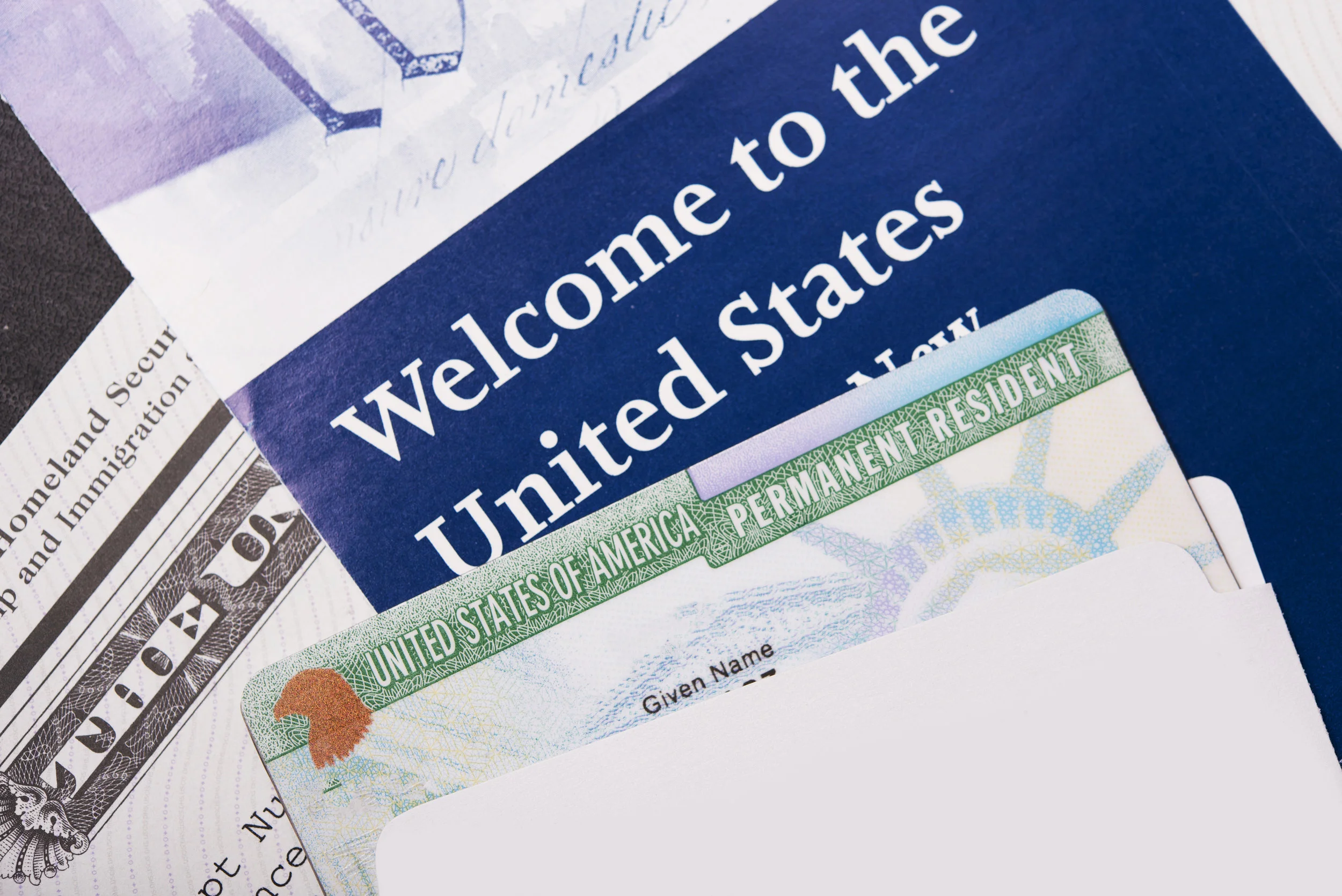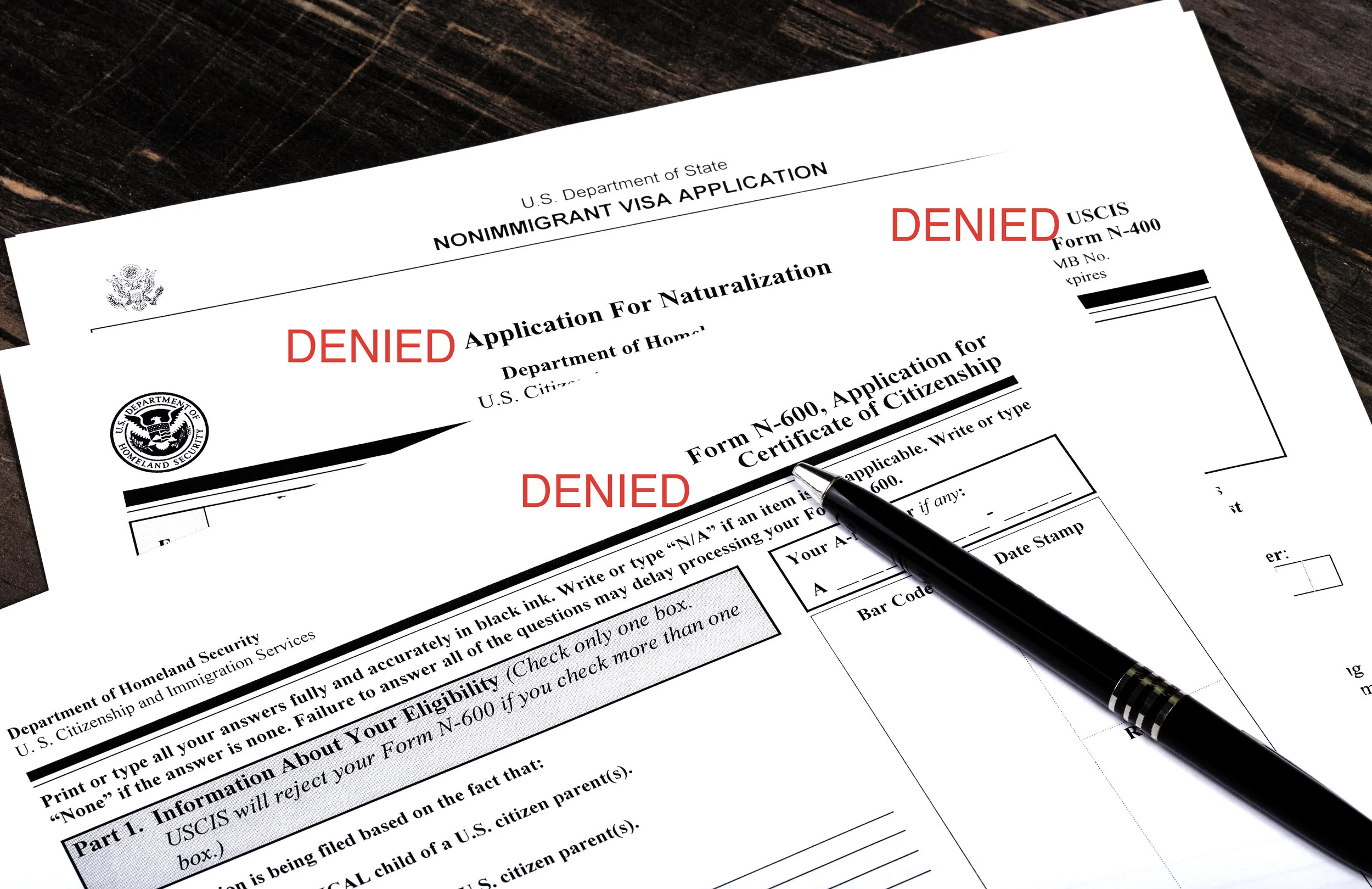Earlier this week, the Department of Homeland Security (“DHS”) published a final rule concerning the “public charge” grounds under the immigration statute for denying admission, extension of status, and permanent residence to foreign nationals. The rule will take effect after 60 days, on October 15, 2019, unless litigation prevents its implementation.
Read MoreUSCIS’s fee proposal for employers to complete the online registration process for next year’s H-1B visa lottery has been approved by the Office of Management and Budget (“OMB”). The amount of the fee, which would be paid in addition to the filing, training, and anti-fraud fees for each H-1B petition, has not yet been announced. Publication of the proposed rule in the Federal Register is anticipated in the coming days.
Read MoreEarlier this week, a federal court in Washington, DC, upheld U.S. Citizenship and Immigration Services’ (“USCIS”) denial of an H-1B petition for a Quality Assurance Analyst (“QA Analyst”), finding that the agency’s analysis of the regulations defining a “specialty occupation” was not contrary to law. This decision provides important insights into 1) how the degree requirement should be worded so that a position qualifies as a “specialty occupation”; 2) how to strengthen expert statements and job postings of similar positions; 3) the need for descriptions of job duties that communicate complexity while being comprehensible; and that 4) federal court litigation may not be the solution for overcoming H-1B denials because the standard of review for overturning these decisions is tough. Speaking from my own experience as a staff attorney at the Ninth Circuit for five years, the federal courts generally will defer to an agency’s decision unless the agency clearly failed to consider relevant evidence in the record or disregarded applicable case-law.
Read MoreThe U.S. House of Representatives passed legislation last week that seeks to end the backlogs for green cards by eliminating the per-country cap for employment-based immigrants and raising the existing per-country cap from 7% to 15% for family-based immigrants. The elimination of per-country caps would benefit Chinese and Indian nationals in particular, who face three to ten year delays in obtaining green cards based on employment.
Read MoreThe Department of State (DOS) has issued its May 2019 Visa Bulletin. Overall, there was very little movement in most categories this month. EB-1 for most nationals advanced by one month while there was no movement for Chinese and Indian nationals. For the EB-2 category, Chinese nationals advanced by forty-four days while Indian nationals advanced by only three days. Lastly, EB-3 for Chinese nationals moved forward by twenty-one days, while Indian nationals advanced by nine days, and Philippine nationals advanced by three months.
Read MoreThe Department of State (DOS) has issued its April 2019 Visa Bulletin. Overall, there was very little movement in most categories this month. EB-1 for most nationals advanced by one month while there was no movement for Chinese and Indian nationals. For the EB-2 category, Chinese nationals advanced by three months while Indian nationals advanced by only three days. Lastly, EB-3 for Chinese nationals moved forward by twenty-four days, while Indian nationals advanced by one month, and Philippine nationals advanced by three months.
Read MoreUSCIS held a call last week on September 6, 2018, to publicly explain its updated policy on when it could deny petitions or applications without first issuing a Request for Evidence (“RFE”) or Notice of Intent to Deny (“NOIDs”). The new policy took effect this week on September 11, 2018, and will apply to applications and petitions received by USCIS on or after September 12, 2018.
Read MoreThe Department of State (DOS) has issued its July 2018 Visa Bulletin. Most notably, the Employment-Based (“EB”)-3 category for Chinese nationals retrogressed dramatically by two years and five months to January 1, 2013. EB-2 for Chinese and Indian nationals, and EB-3 for Indian nationals made significant advances while EB-1 for Chinese and Indian nationals and EB-3 for Philippine nationals had no movement.
Read MoreThe Department of Homeland Security (DHS) is moving to officially end the International Entrepreneur Parole Program under which certain foreign national entrepreneurs could have come to the United States to develop and oversee start-up businesses. The Program was created by the Obama Administration and was supposed to take effect in July 2017. However, implementation of the Program has been delayed and, although USCIS started accepting applications in March 2018 (after a Court order), it’s unlikely that any applications actually have been approved.
Read MoreU.S. Citizenship and Immigration Services (USCIS) issued a policy memorandum this week, changing the way unlawful presence will be calculated for students (F-1), exchange visitors (J-1), and vocational students (M-1), and their dependents, while in the United States. The new policy memorandum will take effect on August 9, 2018.
Read More









